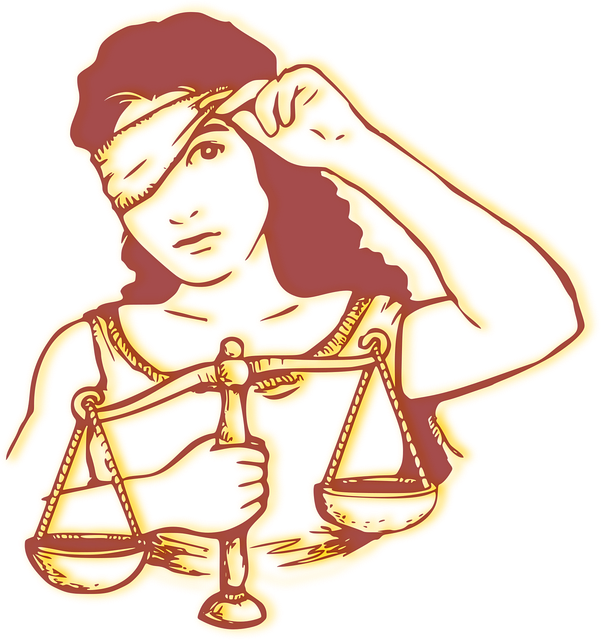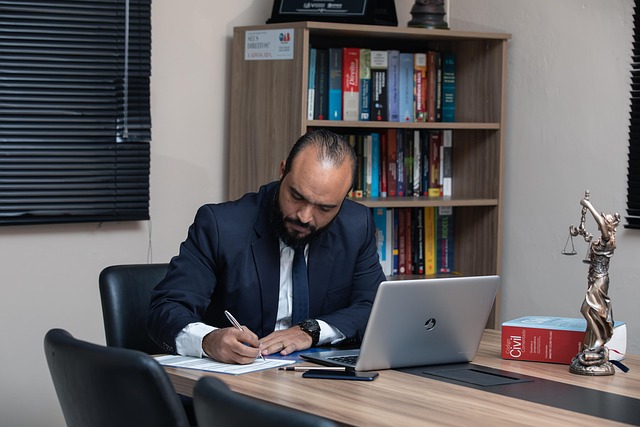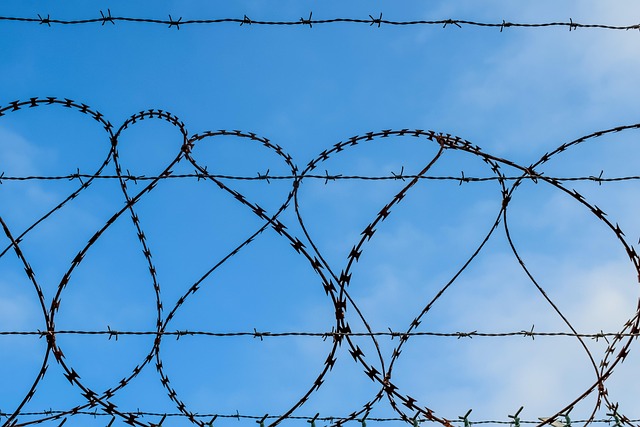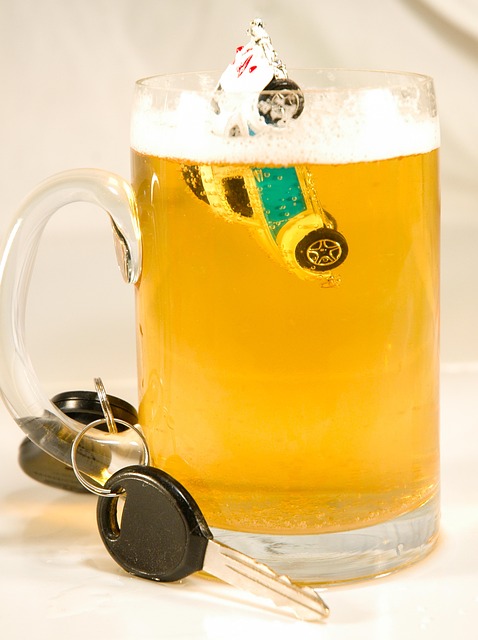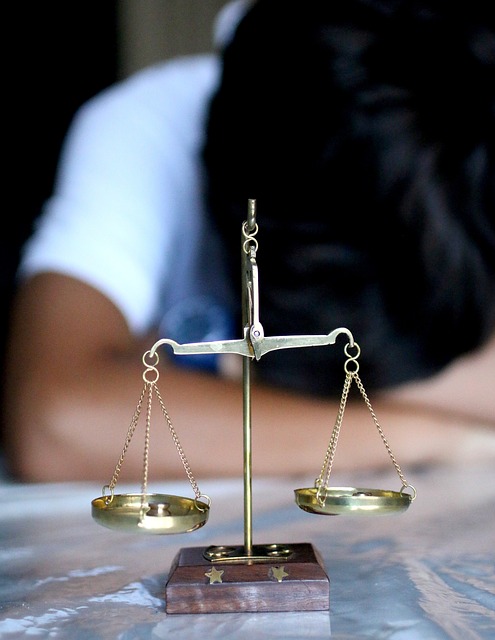In DUI incidents involving pedestrians, both victims' rights and drivers' legal duties are paramount. Pedestrians, as vulnerable road users, have legal protections, with laws safeguarding their interests. Support groups are vital for recovery, providing safe spaces to discuss pedestrians' rights, foster open conversations, and offer emotional support. These groups empower members to understand legal entitlements, encourage accountability, and promote positive behavior changes. Navigating emotional barriers in these settings is key, as facilitators create supportive atmospheres. "Recovery Together" groups demonstrate the power of community in healing, reducing relapse rates, and advocating for improved understanding of pedestrians' rights in DUI incidents.
In the journey towards recovery from alcohol or drug addiction, support groups play a pivotal role, offering a safe haven where individuals can heal and grow. This article explores the power of collective healing through “Support Groups Recovery Together.” We delve into crucial aspects, including understanding DUI incidents and pedestrians’ rights, the significance of community-building for those in recovery, and navigating emotional barriers. Additionally, we showcase inspiring success stories, emphasizing that with support, a brighter future is within reach.
- Understanding DUI Incidents and Pedestrian Rights
- The Role of Support Groups in Recovery
- Building Community for Alcohol and Drug Recovery
- Legal Protections for Pedestrians After a DUI Crash
- Navigating Emotional Barriers in Group Settings
- Success Stories: Recovering Together as a Community
Understanding DUI Incidents and Pedestrian Rights

DUI incidents, especially those involving pedestrians, can be complex legal matters that require a nuanced understanding. When an individual is accused of driving under the influence, it’s crucial to consider the potential impact on others, particularly pedestrians. Pedestrians have rights too, and these must be respected and protected under the law.
In many jurisdictions, laws have been enacted to safeguard pedestrians’ rights in DUI situations. These laws recognize that drivers owe a duty of care to all individuals around them, including those on foot. If a driver’s negligence or impaired judgment leads to an accident with a pedestrian, it can result in severe injuries and legal consequences. Understanding these rights is essential for both victims and accused individuals alike, ensuring fairness and justice during the recovery process and beyond.
The Role of Support Groups in Recovery
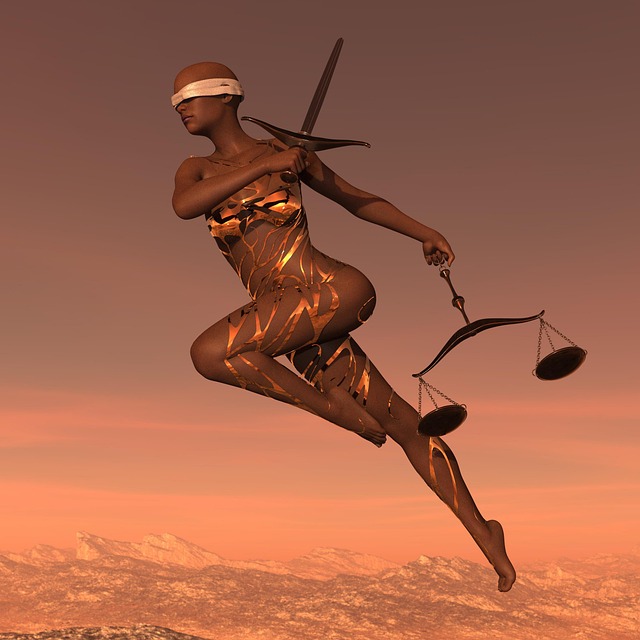
Support groups play a pivotal role in the recovery journey, especially for individuals navigating the complexities of DUI (Driving Under the Influence) incidents and their aftermath. These groups offer more than just a listening ear; they foster an environment where those affected by DUI can share their stories, fears, and victories without judgment. In this safe space, pedestrians rights—often overlooked or misunderstood—can be discussed openly, ensuring individuals understand their legal entitlements and support available to them.
By connecting with peers who have faced similar challenges, members gain valuable insights into managing the emotional, psychological, and legal aspects of a DUI. Support groups provide a network of understanding, where every member contributes to collective healing. This mutual aid system is particularly effective in encouraging accountability, promoting positive behavior changes, and fostering resilience—crucial elements in the path to recovery and reclaiming one’s life post-DUI incident.
Building Community for Alcohol and Drug Recovery
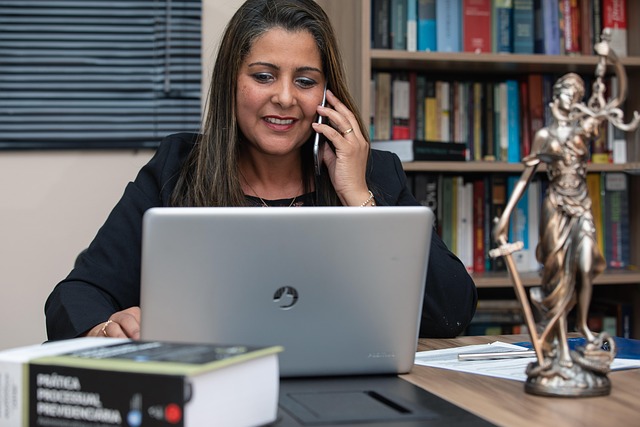
Building a supportive community is an integral part of the recovery process for those struggling with alcohol and drug addiction. Support groups, such as those focused on DUI (Driving Under the Influence) recovery, play a vital role in empowering individuals to take control of their lives. These groups offer a safe space where people can connect, share experiences, and find understanding from peers who’ve been through similar challenges.
In the context of pedestrians’ rights in DUI incidents, support groups provide a platform for victims and survivors to heal and advocate for change. By fostering a sense of community, these gatherings encourage open communication, promote education about addiction, and offer strategies for coping and prevention. Through regular meetings, individuals can build lasting connections, gain insights into their disease, and collectively work towards creating a more supportive environment for everyone affected by substance abuse.
Legal Protections for Pedestrians After a DUI Crash

After a DUI crash involving pedestrians, legal protections come into play to safeguard their rights. Pedestrians affected by such incidents have specific legal avenues to pursue for compensation and justice. In many jurisdictions, strict laws are in place to hold drivers accountable for their actions and ensure fair treatment for those injured or harmed.
These legal protections extend to various aspects, including but not limited to, driver liability, medical expenses coverage, and the right to seek damages for pain and suffering. Understanding one’s Pedestrians Rights in DUI Incidents is crucial as it empowers individuals to take action and seek the support they deserve during a challenging time.
Navigating Emotional Barriers in Group Settings
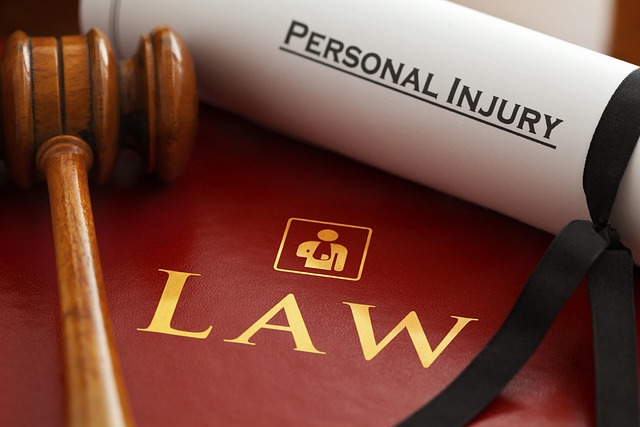
Navigating emotional barriers in group settings is a critical aspect of support groups for recovery, especially for individuals who have experienced traumatic events or faced challenging circumstances, such as those involved in DUI incidents where their pedestrians’ rights may have been compromised. In these environments, members must feel safe to express their feelings openly without fear of judgment. Facilitators play a crucial role in creating a non-threatening atmosphere, encouraging active participation, and fostering empathy among peers.
By acknowledging the emotional toll of sharing personal stories, support groups offer a unique space for healing. Members learn that they are not alone in their struggles, as everyone present has experienced or witnessed similar challenges. This shared understanding can significantly reduce feelings of isolation, empowering individuals to confront their emotions collectively and begin the process of recovery together.
Success Stories: Recovering Together as a Community
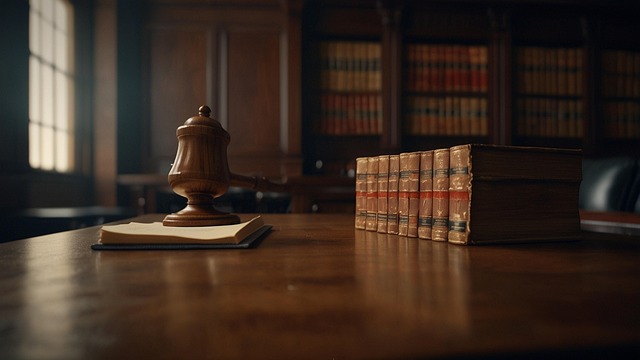
In the journey towards recovery, having a supportive community can be transformative. Support groups like “Recovery Together” provide a safe space where individuals facing similar challenges can connect and inspire one another. These groups are not just about sharing experiences; they empower members to reclaim their lives post-DUI incidents, emphasizing that recovery is a shared responsibility. By attending these meetings, pedestrians affected by DUI incidents find a network of peers who understand their struggles, fostering a sense of belonging and resilience.
Many success stories within “Recovery Together” highlight the power of collective support. Participants have reported reduced relapse rates, improved mental health, and a renewed sense of purpose. The group setting encourages accountability as members hold each other responsible for their progress. Moreover, sharing personal narratives breaks down barriers and normalizes the experience, allowing pedestrians to recognize that recovery is possible and not an isolated journey. This community-driven approach extends beyond individual healing, advocating for pedestrians’ rights in DUI incidents and promoting a culture of safety and understanding.
Support groups play a pivotal role in fostering community and emotional support for those recovering from alcohol or drug issues. By understanding the legal protections available for pedestrians after a DUI crash, individuals can feel more empowered to seek help. Navigating group settings with empathy allows members to overcome emotional barriers, ultimately contributing to successful recovery stories. Empowering oneself and others through knowledge is key to creating a safer, more supportive environment for everyone, especially when it comes to Pedestrians Rights in DUI Incidents.
